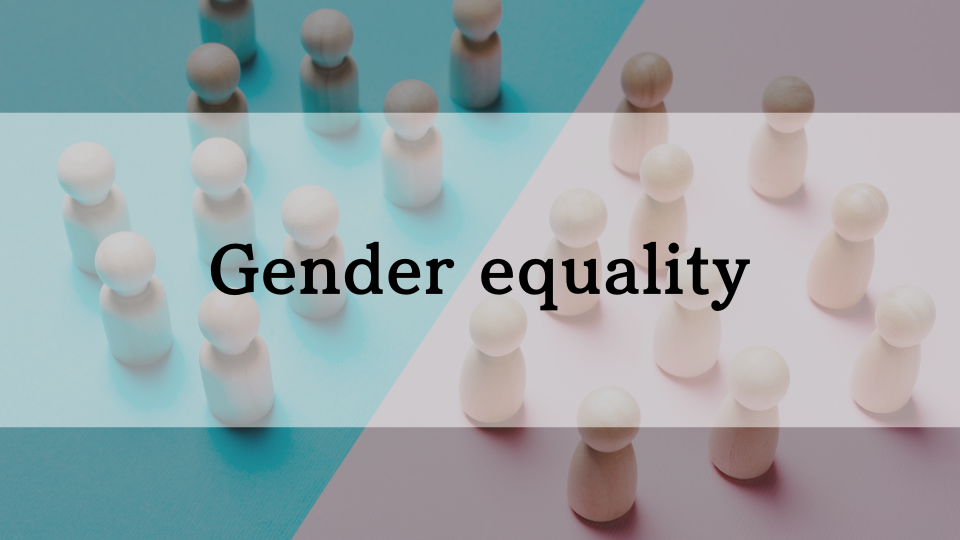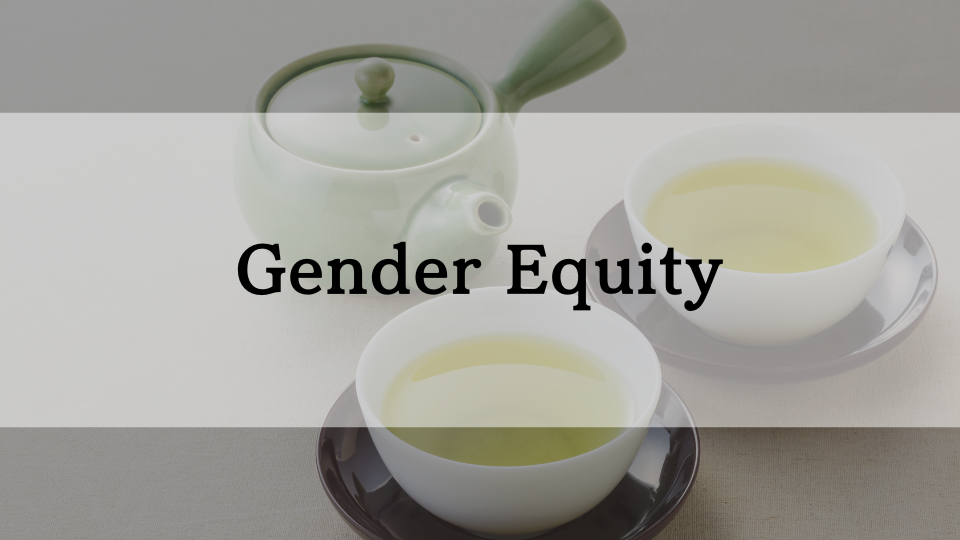【タミヨ先生】
Summers in Japan are synonym of fireworks displays and centuries-old festivals with extreme temperatures and sweltering humidity. The season usually begins in June and lasts through August coinciding with the school holidays. August is also the time for many Japaneses to return to their hometowns to take part in the Obon rituals. To beat the heat, summer dishes are light and refreshing using seasonal fresh produce.
実践的な英語ならケンジントン英会話
ケンジントン英会話では、教科書には載っていない、生きた表現を身に付けることができます。
福岡市内の教室やオンラインで、経験豊富でフレンドリーな講師と一緒に英語を学びませんか?
実践的な英語を学びたい方はケンジントン英会話の公式サイトをチェック!
Firework Festivals
Various cities across Japan host impressive fireworks displays during the summer. It is a summer tradition in Japan since the Edo era. Spectators wear yukata (summer kimono), visit outdoor food stalls and play festival games throughout the evening.
Originally used to ward off evil spirits, fireworks have a long history in Japan and are an integral part of Japanese summers. Different to some countries they are not typically used to celebrate New Year and a typical fireworks display last over one hour (even more)! The competition for good viewing spots can be quite strong and still at most events it works on a “first come, first serve” basis with people often show up and reserve the best spots hours in advance.
Summer Cuisine
Due to the intense heat in the summertime, summer food centers around chilled dishes using fresh ingredients. Some typical examples are chilled noodles and kakigori.
Popular chilled noodles are: zaru soba (buckwheat noodles that are served cold with a light broth, and chilled ) and somen (thin wheat noodles, which come with fresh toppings and a cold dipping broth).
Nagashi Somen, “flowing noodles”, is also a type of chilled noodles and it is very popular among children. It is a fun way to eat noodles where you have to catch them!
Kakigori is shave ice, which is crushed ice flavored with sweet syrup or condensed milk and sometimes topped with azuki (sweetened red beans) and anko (sweet red bean paste), zeri (flavored jelly made from agar agar), and shiratama (miniature mochi rice flour dumplings).
Obon
August is a time of rest and family reunions, with many Japanese returning home to take part in the Obon rituals held in mid-August .
Obon is a three-day festival dedicated to remembering and honoring the dead with families taking part in traditions to respect their ancestors. It’s similar to Halloween , All Saint’s day and All Soul’s day.
On the first day the family welcome their ancestors by lighting a small fire (ogara 麻幹). on the second most families visit the graves to pay respect and on the third day families guide the spirits back to the grave with traditional chochin lanterns (提灯) or through floating lanterns ritual called toro nagashi (灯籠流し).
summer of 98
Despite growing up in a tropical country I will never get used to the humidity here. When I first came to Japan it was just before Obon in 1998. I experienced not only cultural shock but also shock in temperature! How can I place be so humid?! I was taken to see “the Spirit Boat Procession” (精霊流し) in Nagasaki and my late father took me to meet part of his family for the first time and also to visit Sotome, his hometown. He also showed me some wartime shelters used during aid raid. Unfortunately the atomic bombing of Hiroshima and Nagasaki happened in August (Aug 6th and 9th respectively) and for old generations it doesn’t bring good memories.
Conclusion
I hope this equipped you with some basic vocabulary to explain summer for foreigners. Oversea visitors usually get most impressed by local festivals, traditions and food, so if your hometown has something unique, try to learn more about it and be ready for lots of questions because that is what sparkles interest. Be proud of your origins and happy to share your traditions and stories.
実践的な英語ならケンジントン英会話
ケンジントン英会話では、教科書には載っていない、生きた表現を身に付けることができます。
福岡市内の教室やオンラインで、経験豊富でフレンドリーな講師と一緒に英語を学びませんか?
実践的な英語を学びたい方はケンジントン英会話の公式サイトをチェック!
[日本語訳]
日本で「夏」と聞くと、花火大会や伝統的な祭り、そして蒸し暑さを思い出しますね。
この季節は通常6月から8月まで続き、学校では夏休みがあります。
8月は多くの人が帰省し、お盆の風習に参加する時期でもあります。
暑さをしのぐために、夏の料理は軽くて爽やかで、新鮮な旬の食材を使用します。
花火大会
夏になると日本各地の様々な都市では、印象的な花火大会が開催されます。
これは江戸時代から続く日本の夏の伝統です。
人々は浴衣を着て、屋台で夜通し食べ物や祭りのゲームを楽しみます。
花火は日本では長い歴史があり、もともとは悪霊を追い払うために使われていました。
海外では花火は新年を祝うために使われることがありますが、日本では夏の風物詩です。多くの場合、花火大会は1時間以上続くことが多いです。
良い観覧スポットを確保するための競争は激しく、多くのイベントでは「先着順」で、良い場所を確保するために何時間も前から場所を取ることもあります。
夏の料理
夏の厳しい暑さのため、夏の料理は新鮮な食材を使用した冷たい料理が中心です。
典型的な例は冷やし麺とかき氷です。
人気のある冷やし麺には、ざるそばや、そうめんがあります。
流しそうめんも冷やし麺の一種で、子どもたちに非常に人気があります。
これは、流れる麺をキャッチして食べるのでとても楽しいです。
かき氷は削られた氷で、甘いシロップや練乳で味付けされ、時には小豆やあんこ、ゼリー、白玉などでトッピングされます。
お盆
8月は休息と家族との再会の時期で、多くの人が帰省してお盆に参加します。
お盆は亡くなった人々を追悼し、先祖を敬うための伝統行事です。
ハロウィン、万聖節、諸聖人の日に似ています。
初日には家族が小さな火 (おがら)を灯して先祖を迎え、二日目には多くの家族が墓参りをして敬意を示し、三日目には家族が伝統的な提灯や灯籠流しの儀式を通じて霊を墓に戻します。
私の1998年の夏
私は熱帯の国で育ったにもかかわらず、日本の湿気にはなかなか慣れませんでした。
初めて日本に来たのは1998年のちょうどお盆の前で、カルチャーショックだけでなく、湿気と気温のショックも経験しました!
私は長崎で「精霊流し」を見に連れて行かれ、亡き父は私を初めて彼の家族に会わせるために、故郷である外海にも私を連れて行ってくれました。
空襲時に使用された防空壕も見せてくれました。
残念ながら、広島と長崎への原子爆弾投下が8月(8月6日と9日それぞれ)に起こり、その世代の方にとっては良い思い出ではありません。
まとめ
このブログが、外国人に日本の夏を説明するための基本的な語彙を習得するのに役立つことを願っています。
海外からの訪問者は通常、地元の祭り、伝統、食べ物に最も感動しますので、あなたの故郷に何かユニークなものがあれば、それについてもっと学び、多くの質問に答えられるように準備しておいてください。それが興味を引きつけるポイントです。
あなたのルーツを誇りに思い、あなたの伝統や物語をぜひ共有してください。
~*~*~*~ \ Follow me / ~*~*~*~
Instagram : @kensington_eikaiwa
Twitter : @Kensington_Eng
Facebook : @kensingtoneikaiwa
YouTube : KENSINGTON英会話
~*~*~*~*~*~*~*~*~*~*~*~*~*
◆お問い合わせはこちら
ケンジントン英会話:お問い合わせフォーム


















































